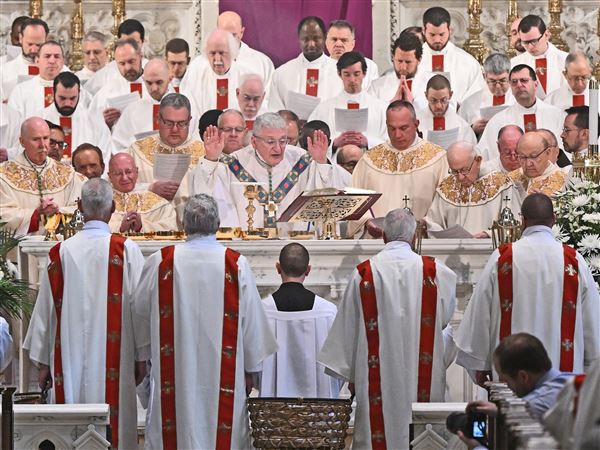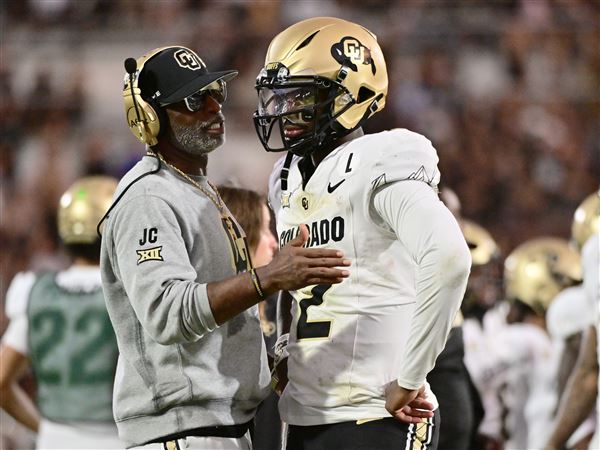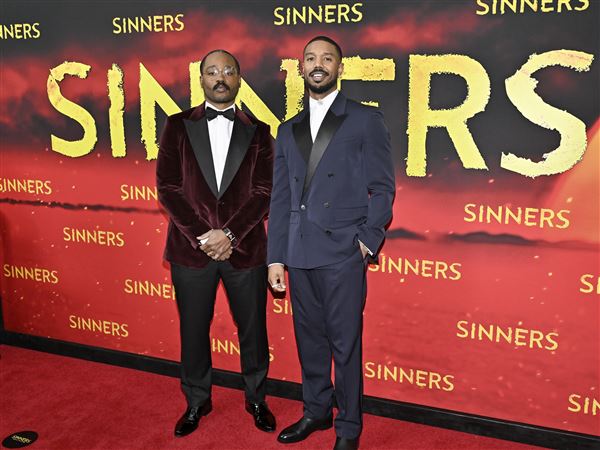The political revolution associated with Ronald Reagan in the United States and Margaret Thatcher in Britain was built on conservative (also called "neoliberal") economic theory. Promulgated by Friedrich Hayek and Milton Friedman, the theory endorsed free-market individualism, low taxes, limited government and low inflation in contradistinction to regulation, central planning, social welfare spending and full employment.
Tested -- and some would say, found wanting -- during the global financial crisis that began in 2008, neoliberalism remains highly influential in the 21st century.
In "Masters of the Universe," Daniel Stedman Jones draws on extensive archival research and interviews with politicians, policy-makers and intellectuals to provide a lucid, richly detailed examination of the evolution of the free-market ideology since the end of World War II.
Princeton University Press ($35).
A London-based barrister with a Ph.D. in history, who has worked as a policy adviser for the New Opportunities Fund and Demos, Mr. Jones maintains that the rightward shift of politics was not inevitable. To be sure, the ideas of John Maynard Keynes, the New Deal and social democracy had grown stale -- and seemed unable to address the "stagflation" of the 1970s. Nonetheless, according to Mr. Jones, it took articulate and assertive ideological entrepreneurs, led by Hayek and Friedman, to seize the moment, package and sell "a simple script of individual opportunity and free enterprise" that resonated with the anxieties and aspirations of working class and middle-class voters and the policy agendas of politicians.
The role of thinkers, Friedman recognized, was to keep options open so that when the "brute force of change" provides an opportunity, alternatives are available. In the 1970s, Mr. Jones demonstrates, the neoliberals were ready. Making extensive use of the rhetoric of freedom and opportunity, they were no longer perceived as abstract and eccentric right-wingers. And they used an extensive web of trans-Atlantic institutions, organizations and think tanks (the Mount Pelerin Society, the American Enterprise Institute, the Heritage Foundation, the Liberty Fund, the Institute of Economic Affairs, the Centre for Policy Studies, the Cato Institute and the Manhattan Institute) to fill the policy vacuum created by the collapse of the Bretton Woods international monetary system, labor strife, oil crises and the failure of price, income and employment policies linked to Keynesian economics.
And so, the free market ideology spread. A macroeconomic policy shaped by interest rates and monetarist control of the money supply was embraced by a new generation of Democrats and Laborites, including Bill Clinton and Tony Blair.
And yet, Mr. Jones points out, judged even by their own standards, neoliberal policies have had "decidedly mixed short-term results," including high deficits, slow growth and frequent recessions. He deems the long-term impact of free market ideology "even more problematic." By linking economic and political freedom and by anointing markets as the "supreme area of human activity, development and growth," Mr. Jones writes, neoliberals have eroded -- and perhaps eviscerated -- commitments to the public realm and the common good. They have not only been unable to address "classic problems of market failure" in health care, education and housing: They have "displayed very little interest in trying."
These days, it seems clear, the brute force of events has produced another policy vacuum. Markets cannot be depended upon to self-regulate. Social inequality, poverty and deprivation are growing. Another financial crisis, in Europe and the United States, is not out of the question.
First Published: October 28, 2012, 4:00 a.m.












